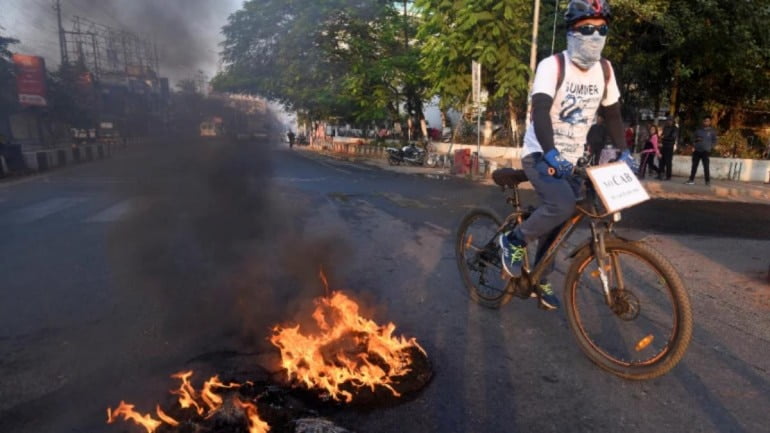
It is uncanny how India, the world’s most populous democracy, resorts so frequently to shutting down the internet and suspending mobile communication for millions of citizens. As protests over the controversial new citizenship law rages across the country, the government has snapped off the net in various trouble spots. This seems an almost uniquely Indian way to deal with unrest.
According to the Internet shutdown tracker, a portal which tracks these, the net has been switched off 95 times already this year. The count was 134 in 2018. The objective of such digital repression, as the government often says, is to block the spread of fake news and rumours, and thus any violence fomented by them. But snap-offs impose economic costs. According to a study by the Indian Council for Research on International Economic Relations (ICRIER), between 2012 and 2017, India lost an average of $186,332 per hour due to net shutdowns. For a country aiming to become a $5 trillion economy by 2024-25, and wants to ride the information wave, that’s not a good sign.
In recent years, internet blackouts have emerged as a freedom-of-expression issue in the West, something that democracies are expected not to trample upon. In 2016, the United Nations Human Rights Council passed a resolution affirming that people’s online rights would be afforded the same degree of protection as those in the offline world. While the state does have a responsibility to uphold law and order, it may be time to examine ways of doing it that do not deprive citizens of internet access.
[“source=livemint”]






